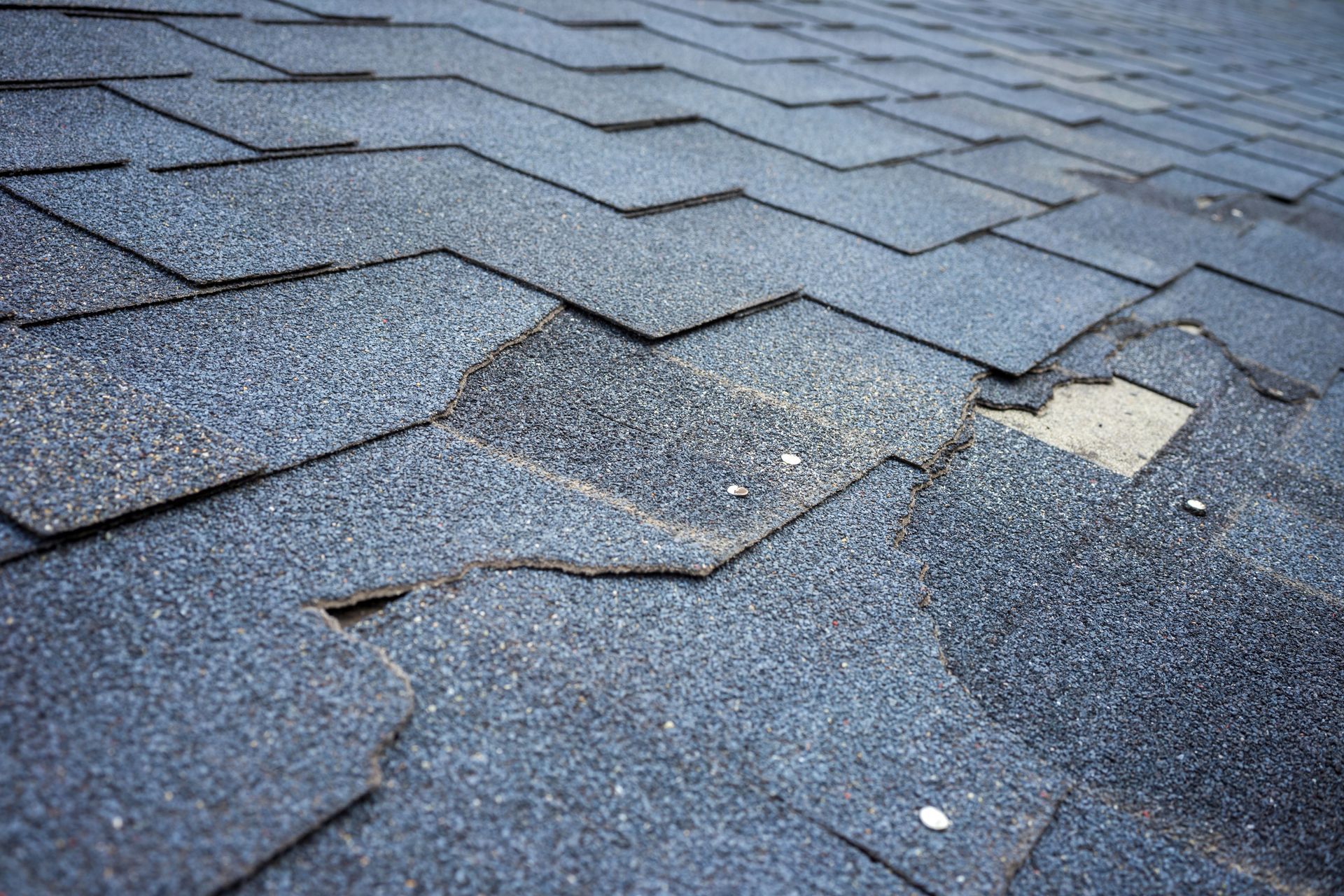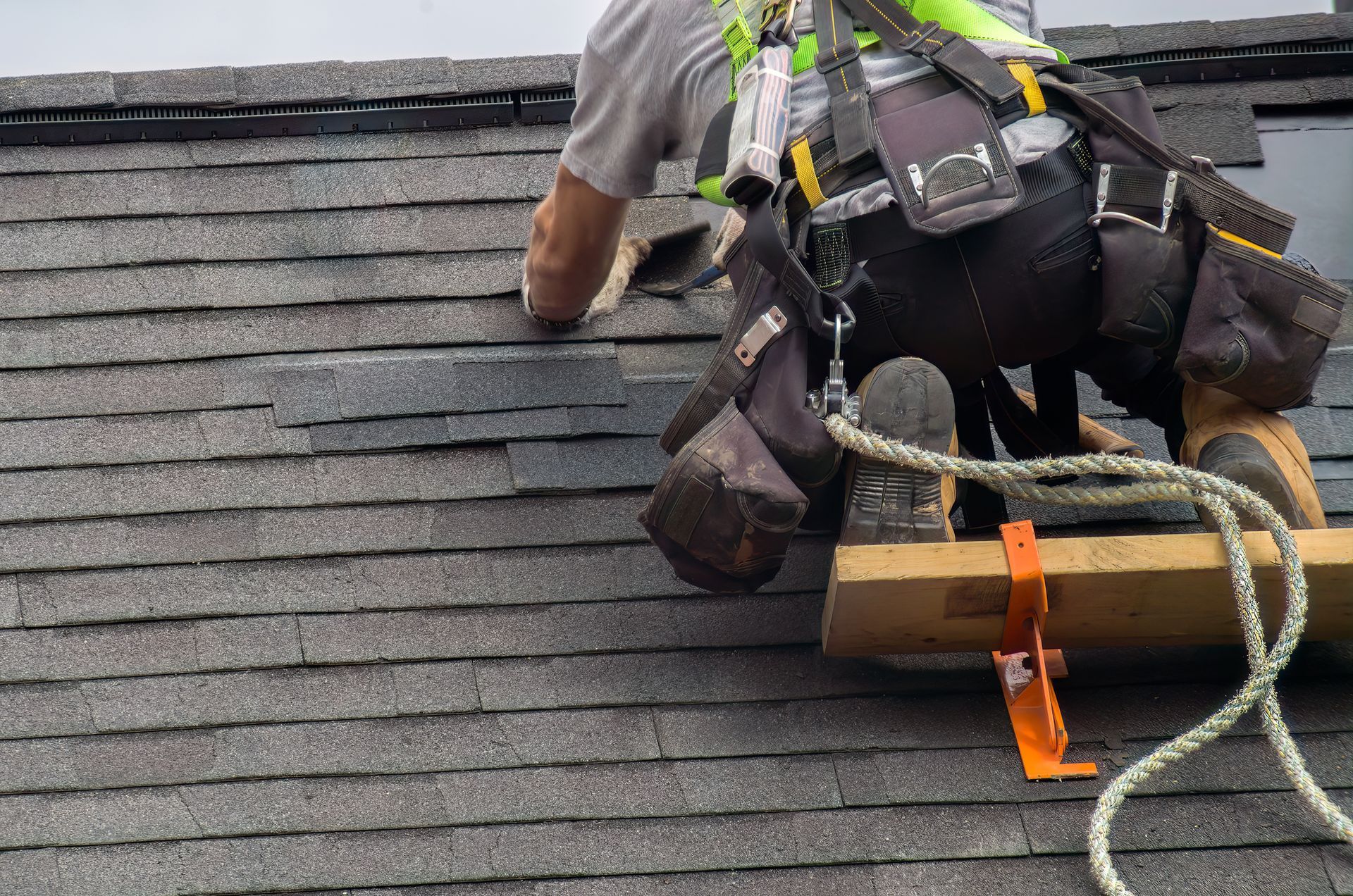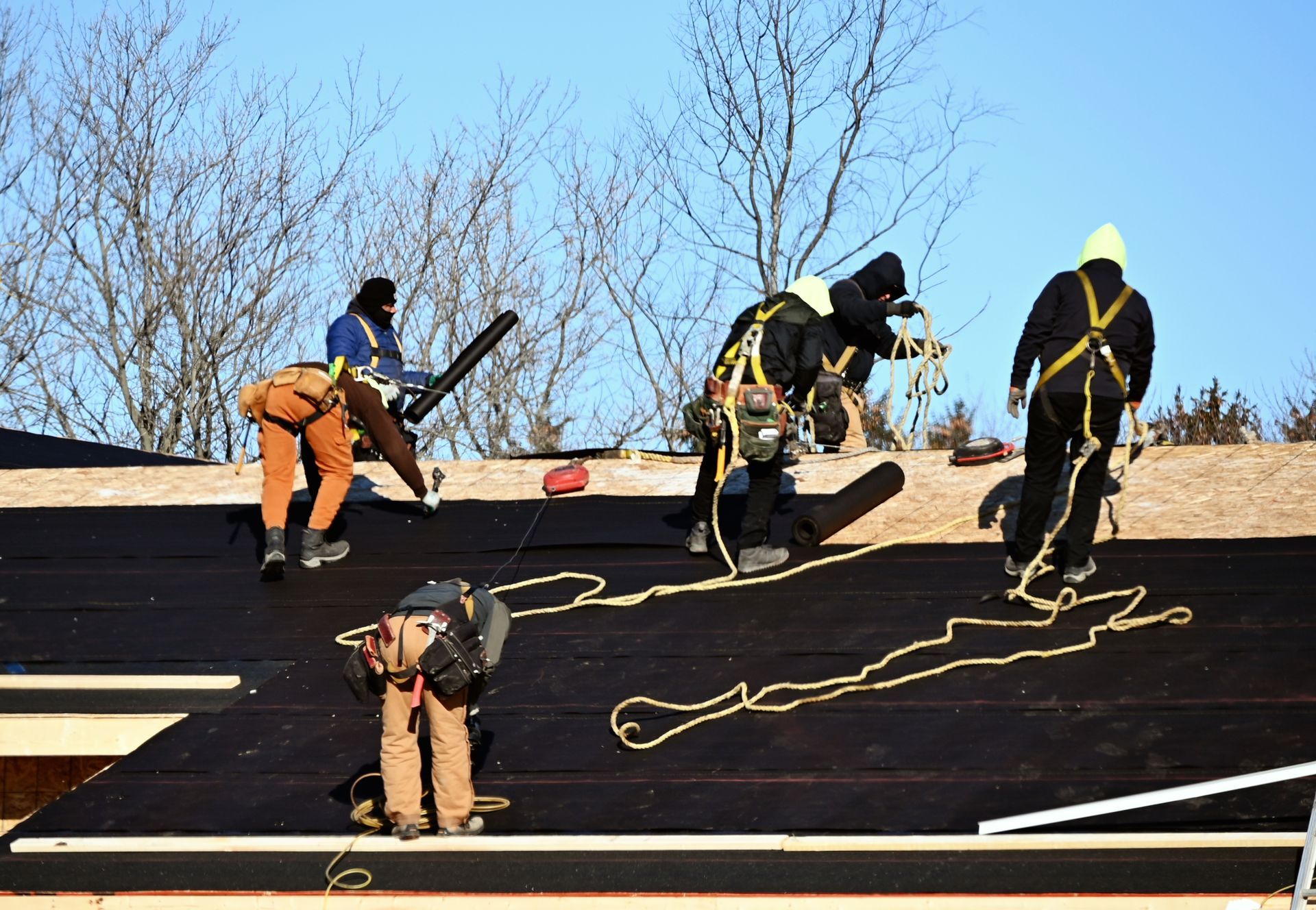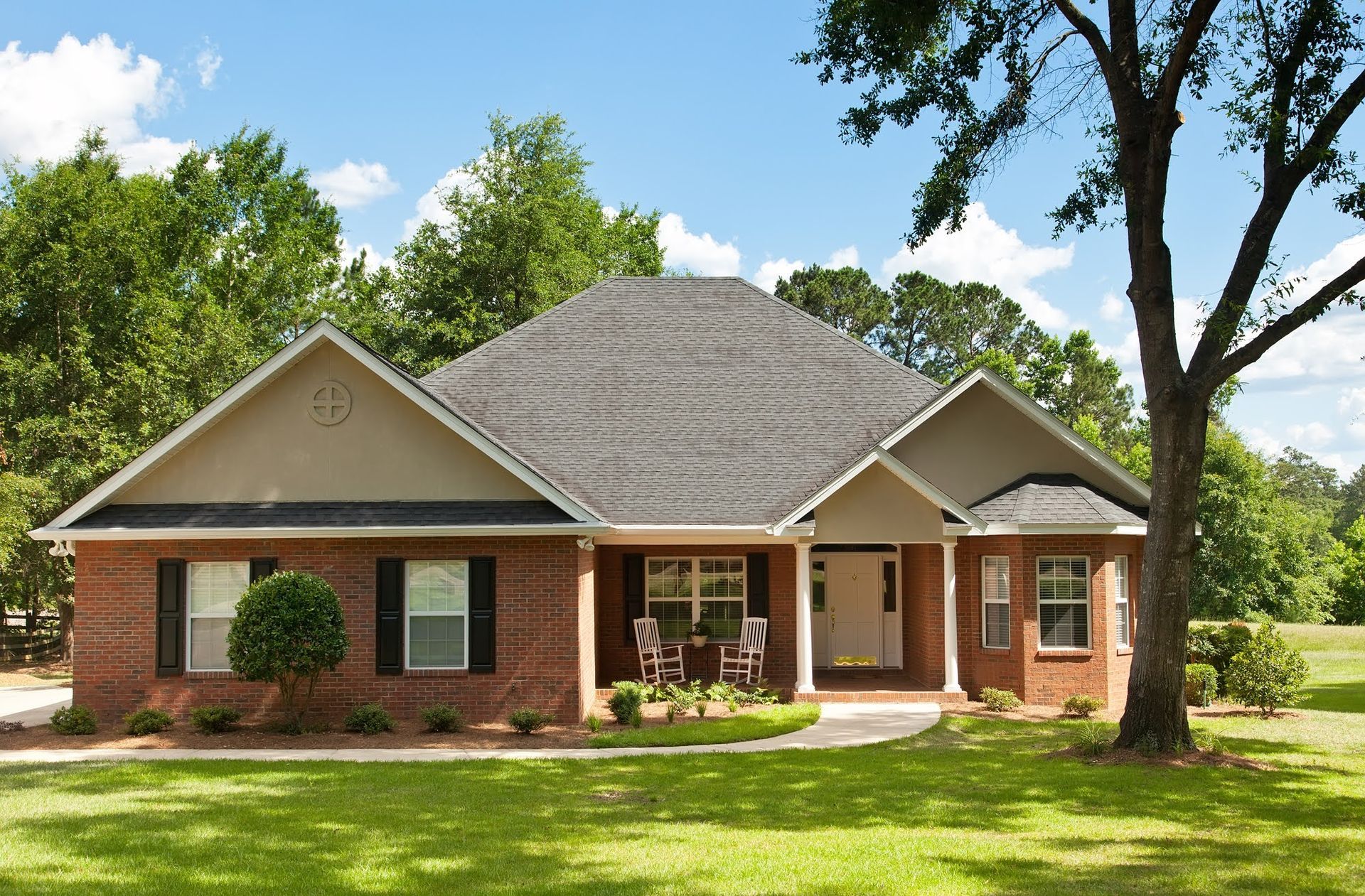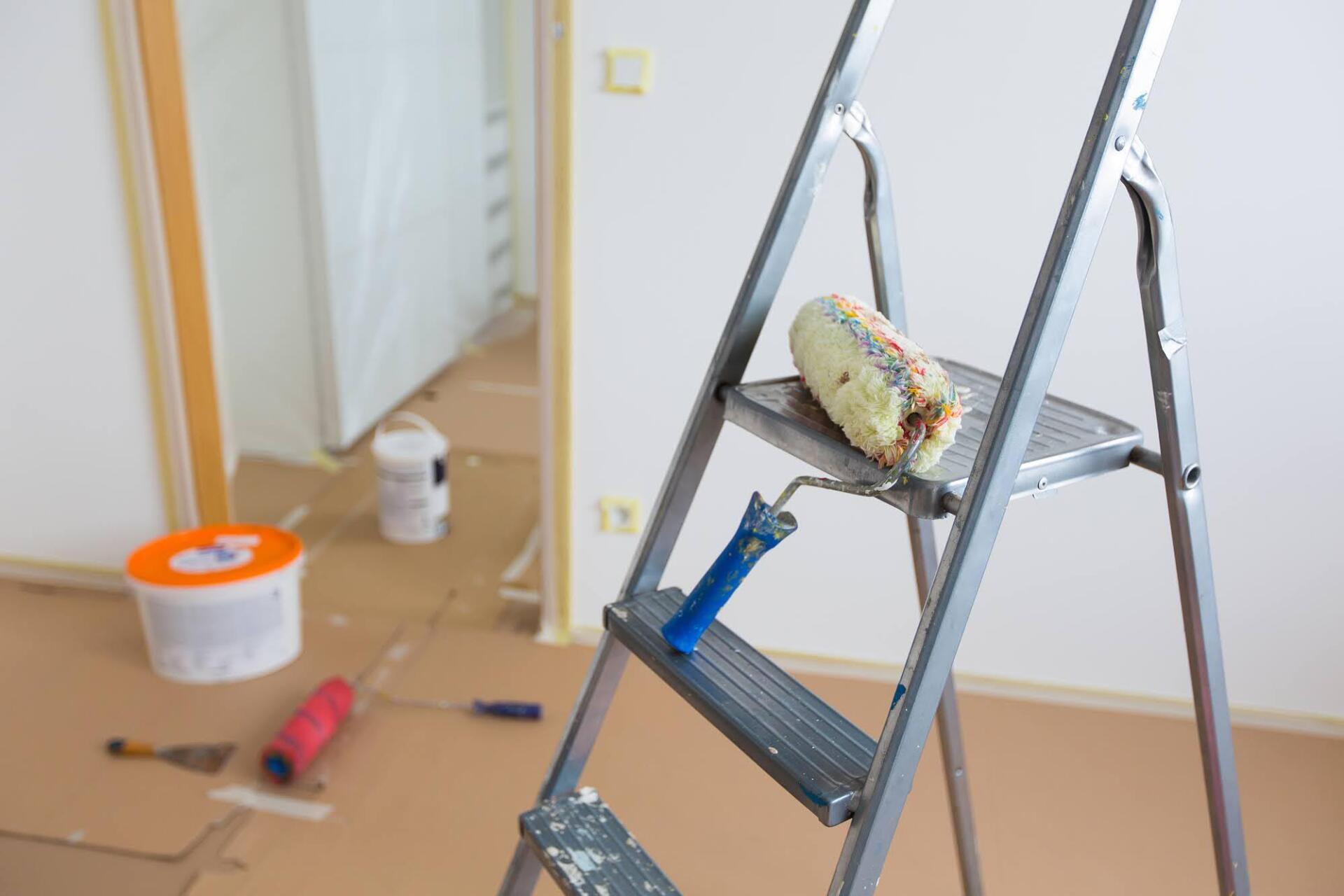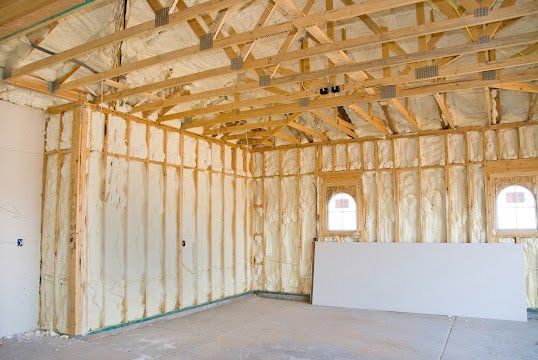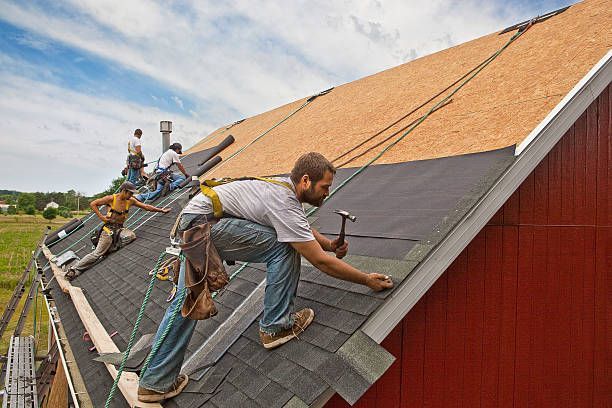4 Common Types of Windows
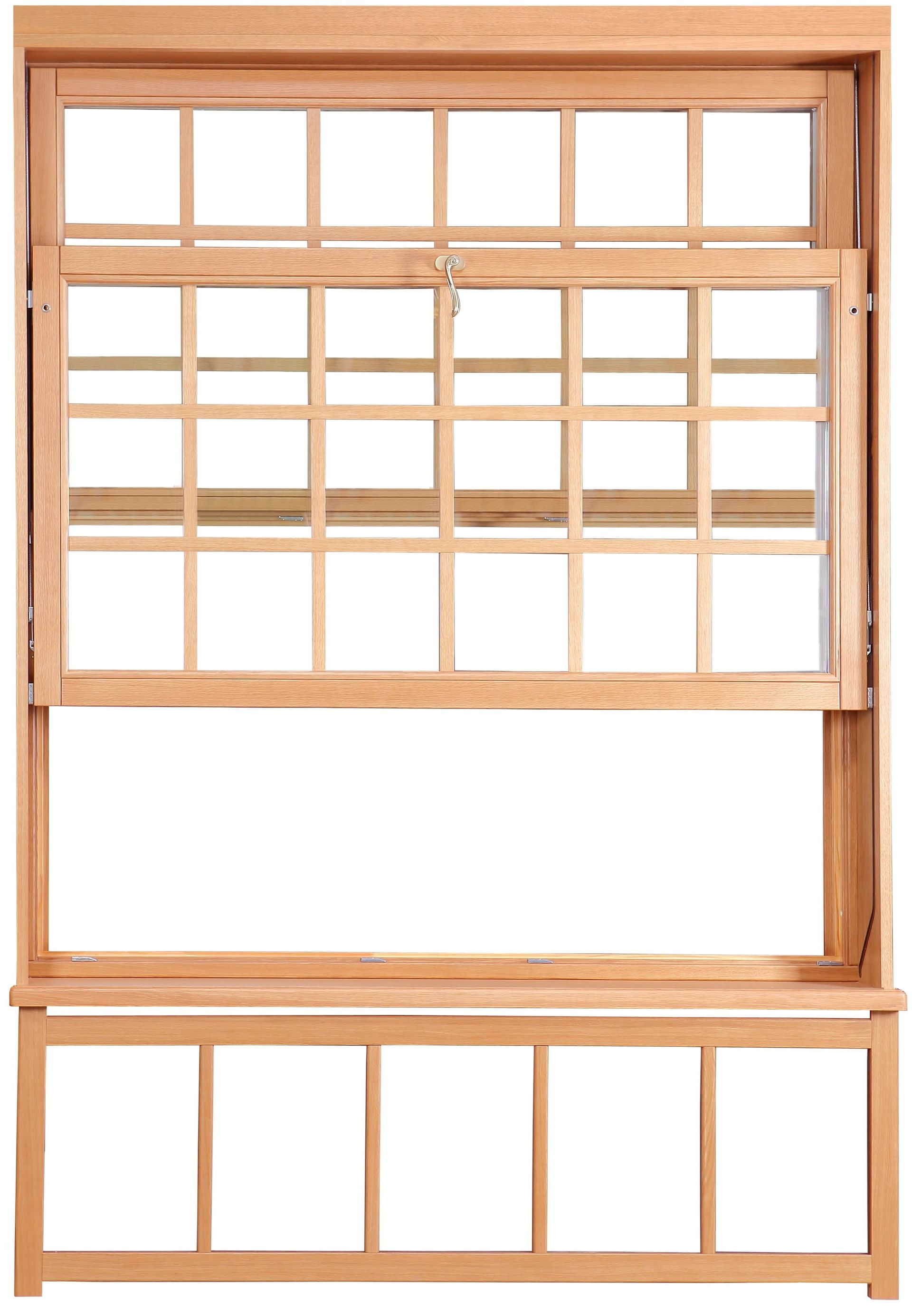
Windows play an essential role in our homes. They are a source of natural light, ventilation, and a major design element. You might feel overwhelmed to choose the right type of window with a wide range of styles and materials available. However, with the right information, you can choose the most suitable design that fits your needs and tastes among the most common window types.
Discover four common types of windows that homeowners can choose from, their unique features, and their advantages and disadvantages.
1. Single-Hung Windows
A popular and well-known type of window is the single-hung window. Single-hung windows have a lower sash that you can move and a fixed upper sash. This window style lets in more air than a traditional fixed window. Single-hung windows are reasonably inexpensive.
Single-hung windows are easy to open and close, and its traditional manufacturing method makes them look nice. However, these windows do not offer sufficient airflow since the upper sash blocks free air movement due to its fixed position. Also, single-hung windows do not save as much energy as other windows.
2. Double-Hung Windows
Double-hung windows look much like single-hung windows, but they have two movable sashes. The upper sash slides down, and the lower sash slides up, which gives the room more airflow.
The best thing about a double-hung window is that it lets in more air. When you open both sashes halfway, air flows through the bottom and out through the top. You can also clean the inside and outside of double-hung windows without a ladder.
However, double-hung windows have less open area than casement and slider windows, and they can leak more air out than casement windows. Also, they need more care and maintenance to maintain proper operation.
3. Sliding Windows
Sliding windows are a great choice for people who want a window solution that works well and doesn't cost too much. They are a particularly good choice for egress panels and bigger windows in basements or below-grade bedrooms because of their huge openings and simple operation.
They are ideal for longer wall spaces because of their horizontal sliding construction. You can also make a small room appear larger if you use large sliding windows. Plus, they are easy to use and durable and have no mechanical parts apart from the lock.
However, sliding windows can sometimes get stuck over time, and it can be hard to clean the outside because the center frame blocks your view. Also, they tend to let in more air than other types of windows, like casement windows.
4. Casement Windows
Casement windows are a great way to let light and air into a room while maintaining high security or energy efficiency. Casement windows use solid glass as the primary material and a secure screen that can fit inside the window, which makes cleaning easier.
Casement windows are easy to open and close, have a weatherproof seal, save energy, and let in a lot of air. They also look nice because they usually have large panes of glass that let in a lot of light and do not use muntin bars.
However, the mechanical components on casement windows may wear out or break over time. These parts can also deteriorate faster if you leave them exposed to the weather for too long. Also, casement windows are not ideal to secure window air conditioners, a factor you must consider when you want to choose your window type.
Contact us at Maynor Roofing, Siding & Home Repair Company if you want to install new or replace old windows. We offer window installation services for these specific window designs.


